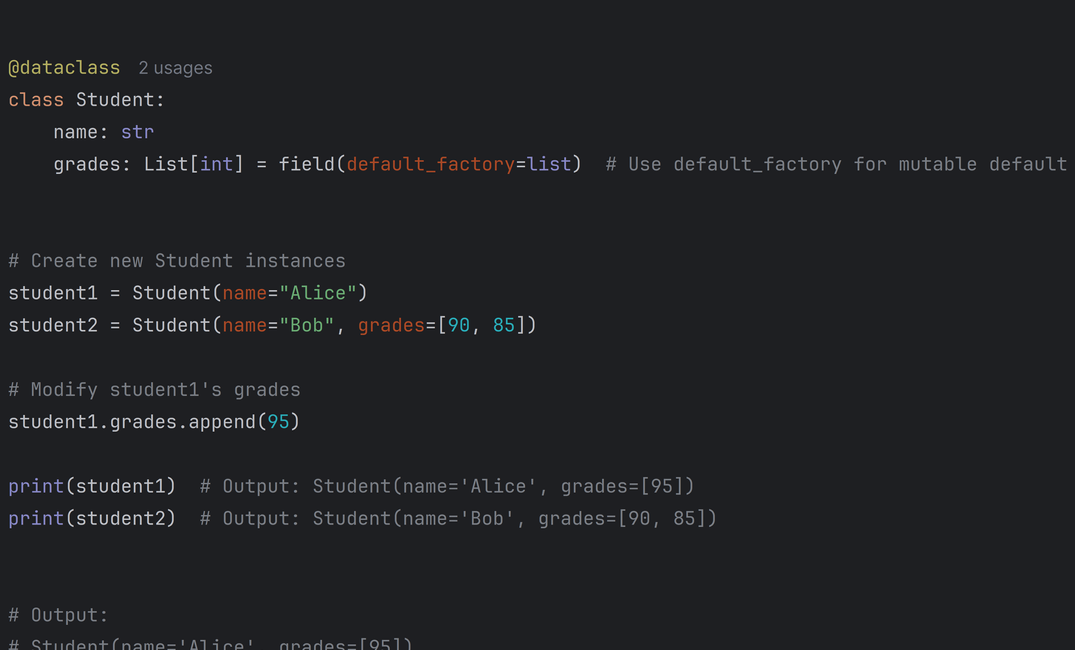This article is for paid members only
To continue reading this article, upgrade your account to get full access.
Subscribe NowAlready have an account? Sign In

Python Trick: Using dataclasses with field(default_factory=...)
To continue reading this article, upgrade your account to get full access.
Subscribe NowAlready have an account? Sign In